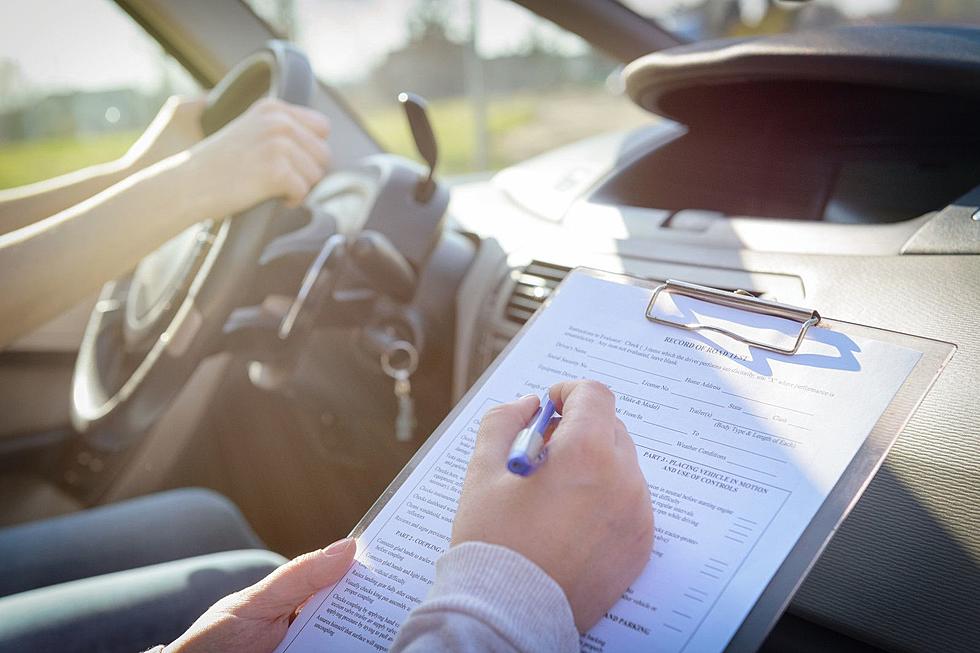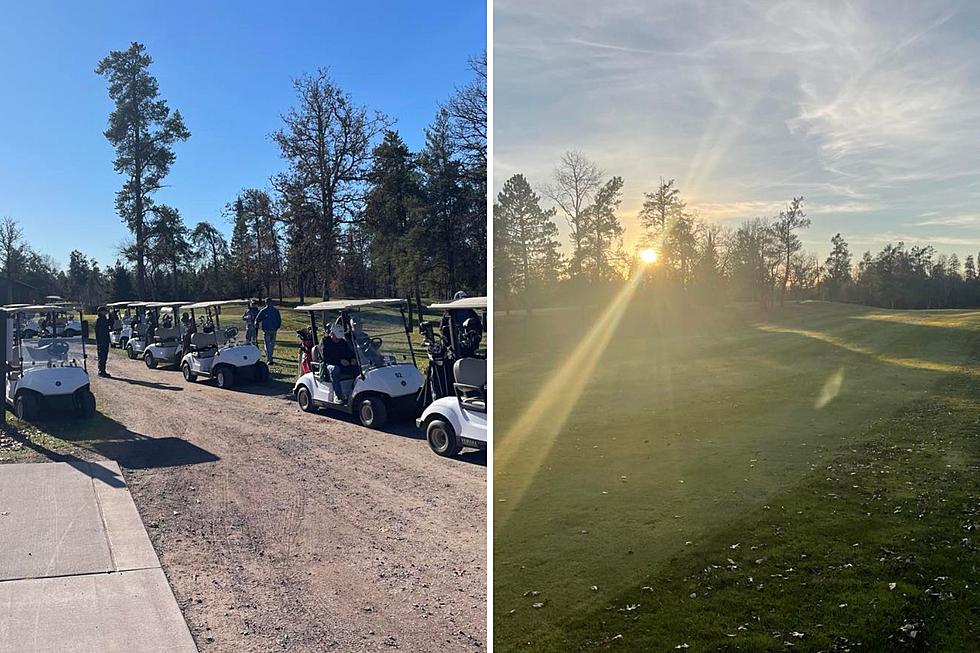
Can You Be Sued If You Hit Someone With A Golf Ball In Minnesota?
Yesterday was my first day out golfing for this season. I was excited to try out my new set of irons I picked up last month. Off the first tee, I hit my five iron and it was magnificent. It went straight down the pipe and rolled right up to the green. A couple of holes later though, I nearly killed someone off the tee box. Yikes!
I teed off and tried to muscle the shot to get more distance. No matter how many times I tell myself to "let the club do the work," I still sometimes swing too hard. When that happens my shot goes wild, and this time the tee shot took a 90-degree turn to the left. I watched in horror as this shot screamed toward a golfer sitting in his cart on the next hole. I screamed "FORE!" Time slowed down in that instance and I thought for sure I was going to hit him. That ball was cruising too, it would have been bad. Fortunately, it narrowly missed him. I thought for sure I hit him.
I approached the golfer and apologized profusely. I didn't mean to do it, it was just a bad shot. Fortunately, that's where it ended and he didn't hold it against me. But that got me thinking, "What if I did hit this guy?" Could I be held liable and sued for "recovery?"
It really depends on the situation, a court could find you liable.
There are a few things that come into play when you enter a golf course. By participating in the game, you accept the fact that you are at risk of being hit by a ball. There have actually been different cases that have been argued in court. Courts haven't found a golfer guilty of hitting another golfer with a ball if they were reasonably playing the game. It's called the "primary assumption of risk" with the sport. There is no way you can 100% guarantee where your ball will land.
Think about ice hockey and pucks flying. Or say you go to a Twins game and get hit by a foul ball. When you enter the sporting facility, you assume the inherited risk that you may be struck by the ball.
When you could be found liable if you hit someone with a golf ball.
If you were intentionally trying to hit someone, like you were aiming at them, yes you could be found liable. It would come down to witness testimony and it would have to be proven. Negligence is the key here. If you are found negligent, you can be found responsible. According to Fryberger Law Firm, a case like this did happen when a caddy was running down the driving range to retrieve practice balls when another player hit the caddy in the head. The court basically said in this case that the golfer should have paid attention to the fact that there was someone at risk in their shot direction and should have warned them or waited until they got to safety. A stupid situation like this is why golf courses don't allow you to retrieve your golf balls.
Minnesota Supreme Court Has Ruled On A Golf Case
A spectator sued a golf tournament after being struck by a golf ball. It was the 1987 case Grisim Vs. TapeMark Charity Pro-Am Golf Tournament. The plaintiff was sitting under a tree when a golf ball hit them. The court eventually ruled that it wasn't the golfer's liability to warn spectators about shots, as they assume the risk of harm by attending the event.
You've probably been using "FORE!" wrong this whole time.
Every single time I've heard someone yell "FORE!" it has been after they hit a bad shot and someone was in danger. This is what I thought was the rule. From a legal standpoint, that's not how it works. What you are supposed to do is that if you see someone that may be at risk down range, yell "FORE" before making your shot. This gives them ample warning to watch for the ball, and then it covers your liability if they were hit. You gave them a warning, and you were not negligent.
LOOK: What major laws were passed the year you were born?
More From B105









